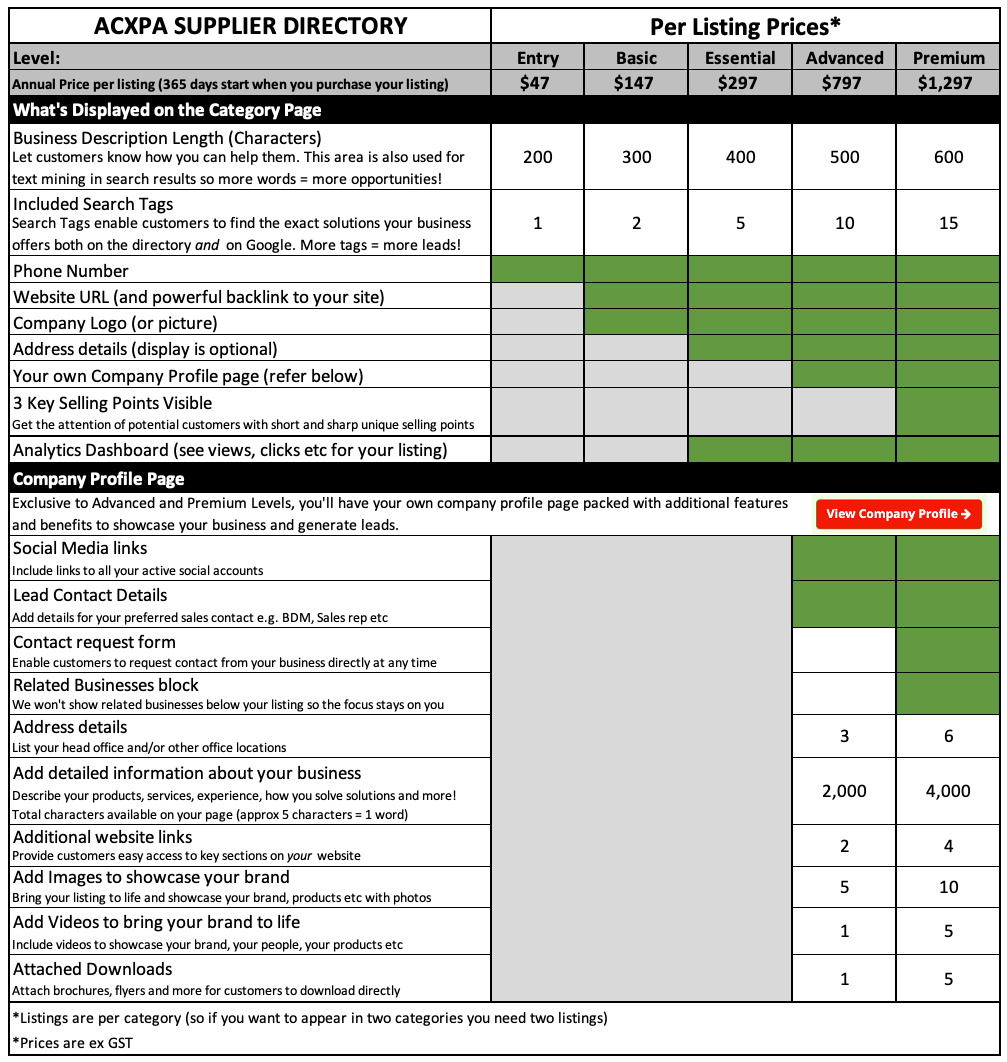Customer Analytics for CX
Whilst the exact definition of customer analytics seems to differ, the overall sentiment refers to using technology and data to understand customer behaviour better and then using that information to improve business outcomes.
Customer analytics is a powerful tool that transforms data into actionable insights, allowing businesses to elevate their customer experience (CX).
By leveraging detailed insights into customer behaviour, preferences, and interactions, companies can personalise engagements, optimise service processes, and anticipate needs.
This data-driven approach enhances satisfaction and retention, operational efficiency, and strategic decision-making.
In today’s competitive landscape, harnessing customer analytics is essential for creating exceptional, tailored experiences that stand out.
Benefits of Using Customer Analytics for CX
Customer analytics can significantly enhance Customer Experience (CX) by providing valuable insights into customer behaviour, preferences, and interactions.
Here are the key benefits:
1. Personalisation
Customer analytics helps businesses understand individual customer preferences and behaviours. This allows for the creation of personalised experiences, such as tailored recommendations, targeted promotions, and customised service interactions, which can significantly improve customer satisfaction and loyalty.
2. Improved Customer Segmentation
By analysing customer data, businesses can segment their customers into meaningful groups based on demographics, behaviour, and preferences. This enables more effective marketing strategies and more relevant customer interactions.
3. Enhanced Customer Journey Mapping
Analytics provide insights into the customer journey, from initial contact to final purchase and beyond. Understanding each touchpoint helps in identifying pain points and optimising the customer journey to ensure a smoother and more enjoyable experience.
4. Predictive Insights
Advanced analytics can forecast future customer behaviours and trends. This predictive capability allows businesses to proactively address potential issues, anticipate customer needs, and adjust strategies to enhance CX before problems arise.
5. Increased Customer Retention
By identifying patterns and signals related to customer churn, businesses can implement retention strategies and interventions to keep customers engaged and loyal, reducing the risk of losing valuable clients.
6. Optimised Customer Service
Analytics can reveal common customer issues, queries, and service requests. This information helps in training customer service teams, improving response times, and streamlining service processes to better meet customer needs.
7. Better Product and Service Development
Insights gained from customer feedback and usage patterns can inform product and service improvements. Understanding what customers like and dislike helps in designing offerings that better align with their expectations.
8. Informed Decision-Making
Data-driven insights empower decision-makers to make informed choices about marketing strategies, product development, and customer engagement initiatives. This reduces reliance on intuition and enhances strategic planning.
9. Enhanced Customer Satisfaction
By understanding customer preferences and pain points, businesses can address issues more effectively, offer more relevant solutions, and improve overall satisfaction levels.
10. Increased Operational Efficiency
Analytics help identify inefficiencies and bottlenecks in customer service operations. Optimising these areas can lead to more streamlined processes, reduced costs, and a more efficient use of resources.
11. Competitive Advantage
Leveraging customer analytics effectively provides a competitive edge by enabling businesses to offer superior experiences compared to competitors who may not be as data-driven.
12. Real-Time Insights
Real-time analytics allow businesses to respond quickly to emerging trends and issues, enabling them to adapt and refine their CX strategies on the fly.
Different Types of Customer Analytics
There are a range of different customer analytics 'types' including descriptive analytics, predictive analytics and prescriptive analytics.
Customer analytics uses a range of techniques, including predictive modelling, data visualization, information management and segmentation, which can sound complicated, but thankfully, customer analytics software solutions make it much easier to unlock the power of your data using easy-to-use software that can automate reports, provide useful dashboards and more.
In discussing customer analytic solutions with suppliers, it can be helpful to know there are four 'types' of Data Analytics:
- Descriptive Analytics - used to help answer questions about what happened.
- Diagnostic Analytics - used to help answer questions about why things happened.
- Predictive Analytics - helps answer questions about what will happen in the future.
- Prescriptive Analytics - helps answer questions about what should be done.
What is Big Data?
When it comes to customer analytics software, you may hear the term 'big data'.
Big Data refers to extremely large data sets that may be analysed computationally to reveal patterns, trends, and associations, especially relating to human behaviour and interactions.
When you combine big data with high-powered analytics in a call centre or CX setting, you can accomplish tasks such as:
- Determining root causes of failures, issues and defects in near-real-time.
- Determining which customers are more likely to purchase a particular product or respond to telemarketing calls (equally much higher sales conversions).
- Determining which customers are more likely to leave your organisation so you can develop a retention strategy to keep them with your business.
- Generating coupons at the point of sale based on the customer's buying habits increases spend.
- Detecting fraudulent behaviour before it affects your organisation.
Search suppliers of Customer Analytics Software
If you're ready to unlock the power in your customer data, reach out to one of the suppliers below, or use the search filters to discover supplier of other CX automation solutions.
